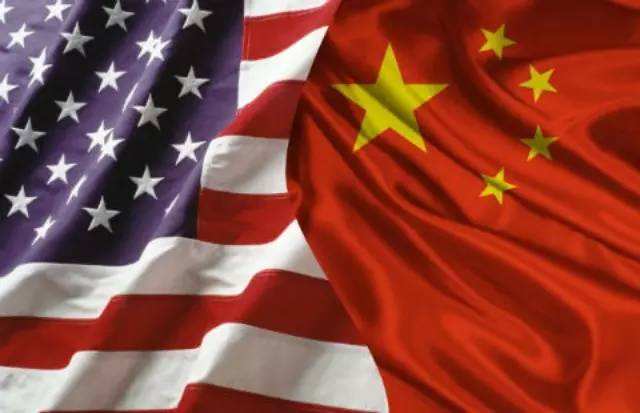A friendlier tone set for U.S.-China relations

By Zhong Bu
U.S. President Donald Trump has been critical of China, especially its policy on North Korea, since he took over the White House. During US Secretary of State Rex Tillerson's Asia visit in March, he also criticized China in interviews when he was visiting Japan and South Korea. The tone became much friendlier when Tillerson arrived in Beijing, in particular after his meeting with Chinese President Xi Jinping on March 19.
The tone change indicates that the Trump administration tries to avoid, at all costs, any controversy between the two largest economies in the world. Tillerson said that the U.S.-China relations should be guided by an understanding of "non-conflict, non-confrontation, mutual respect, and win-win cooperation." His remarks echoed the narrative Xi used to define China's ties with the United States as "a new type of great power relationship." It is obvious that without China's participation, the United States could achieve little in easing its rising tensions with North Korea.
Tillerson set a friendly tone in public when he visited Chinese leaders, but he was tough in private. Immediately after his own Asia visit, Tillerson sent his associate, Joseph Yun, as his nuclear envoy to deliver his message to China and South Korea. Yun urged China to contain North Korea during his week-long visit in China and South Korea to discuss North Korea-related issues with his counterparts.
The rhetoric of a paper tiger may be better interpreted as an entity that looks like a tiger, though it is made of paper.
After a series of successful nuclear and missile tests, Pyongyang has declared that it is ready for the test of an intercontinental ballistic missile. This triggers the United States to take tougher measures than before, including speeding up the deployment of the THAAD antimissile system in South Korea. Tillerson's predecessor, John Kerry, told Beijing that if China could help constrain North Korea's military expansion, the U.S. could even withdraw some of its antimissile systems in the Korean Peninsula.
Now no existing U.S. antimissile systems were removed but more added in. China thus has more reasons to view the new THAAD system as a threat to the regional stability, breaking the strategic balance in East Asia. In coming months, how to respond to North Korea's accelerating aggression in the region would have a significant impact on the U.S.-China relations, which is more important than many bilateral economic issues between the two countries.
This does not mean the trade ties between the two countries are no longer important. During the 2016 presidential campaign, Trump had repeatedly refer to protectionist rhetoric, blaming China for U.S. economic decline and domestic employment rates in the past years. These attacks are counterproductive, distort a robust and ever more entwined U.S.-China economic ties, and distract from the real challenges facing American businesses, which have little to do with China and everything to do with the growing trend of globalization in world economy and the evolving U.S. economic system.
Amazingly, the U.S.-China trade relationship has kept growing in spite of misgivings and rhetoric. The growing trade between the two countries, indeed, sets a good example for the politicians to work out a more productive diplomatic relations between them. All these suggest that China and the United States could build "a new type of great power relationship" based on "non-conflict, non-confrontation, mutual respect, and win-win cooperation" between them. Simply put, the U.S. and China could be good partners and serve each other as a market.
As the two largest world economics, much of the world's economic development should be shaped by how the United States and China approaches the global economy of the 21st century, in which they build the trade relations. When both countries could nurture the optimism and win-win benefit in economic development and diplomatic cooperation, the two countries will thrive, which will greatly benefit the rest of the world. On the other hand, when the two powers are obsessed about looming threats from each other, the confrontation damages not only their bilateral trade ties but the world economy as a whole.
Much of the world's future of the world will depend on the cooperation between the United States and China, including addressing so many global challenges like the rising tensions in the Korea Peninsula. Some flaring tensions, indeed, are still existing in Asia and many other regions, in which China should play a bigger role given its rising important economic and political status in the world.
A friendlier tone is thus highly needed not only ahead of the meeting between U.S. and Chinese presidents in April, but also the healthy relations between the two largest economies for years to come.
The author, Dr. Zhong Bu, Associate Professor from College of Communications, Pennsylvania State University






